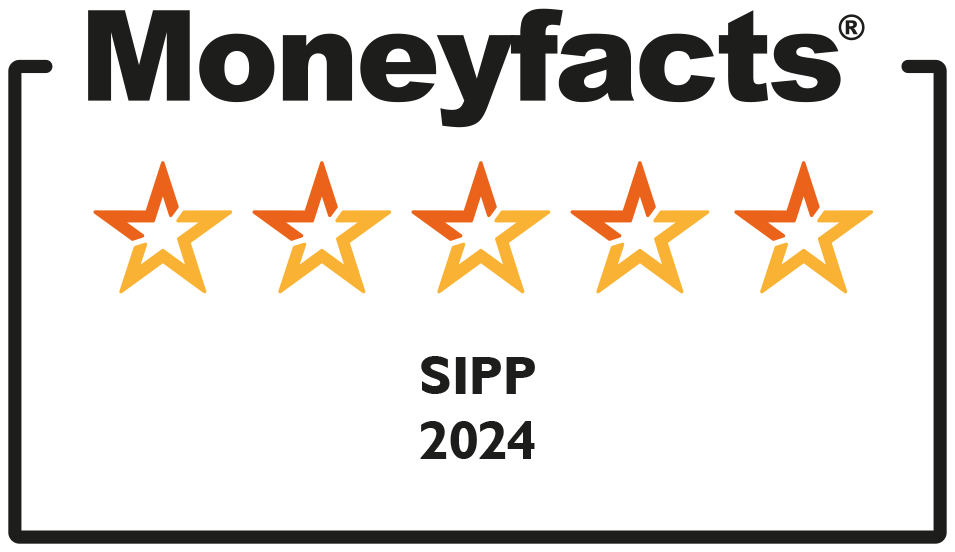Why Brexit broke our crystal ball in 2019
This time last year, we looked forward to 2019 and speculated on the changes that might affect the SIPP and pension sectors in 2019.
So, were our predictions correct? We look back at what we got right (and wrong) about 2019.
Regulatory action
While no regulatory changes were forthcoming in 2019, it is fair to say that SIPPs were still on the FCA’s radar over the last 12 months.
2019 saw Berkeley Burke win the right to appeal the FOS decision from 2014 over failed investment, where it was claimed Berkeley Burke failed to carry out sufficient due diligence. Then, in October, the firm had to drop this appeal case as they could not afford or get backing for the case to be heard. Read more about the Berkeley Burke case here.
This led to the FCA writing to SIPP operators again reminding them of:
- Their responsibilities in respect of the assessment of any investments they make
- The need to ensure they have sufficient capital to meet their commitments both now and should claims rise against them in the future
It’s fair to say the FCA will continue to take a keen interest in SIPPs. It’s also important that advisers take the time to assess not only the current processes in place of any providers they recommend, but also the historic business they have written.
SIPP due diligence
A year ago, we said: “Never has it been more important to understand the SIPP provider’s business model, whether they have previously worked with non-regulated introducers, their attitude toward defined benefit transfers and profitability, before making your recommendation.”
Fast forward 12 months and the same trends are still being seen in regard to the questions we are being asked. As per the above, emphasis should be placed not only on the current processes but also what providers have accepted previously: for example, unregulated introducers or a high level of non-standard investments.
One year on, well-managed SIPP providers should continue to increase the amount of capital adequacy they are retaining in their business.
So, in 2020 it may be good to ask whichever provider an adviser works with the difference between their Q4 2018 and Q4 2019 CA requirements, and the amount held in excess in both instances. This will give you a good feel as regards their ongoing commitment to the SIPP market.
The wider sector
Brexit dominated the news headlines and the political agenda in 2019 so perhaps pensions escaped ministers’ attention?
A year ago, our wish list of changes included:
- The removal of the tapering of the Annual Allowance
- An end to the Lifetime Allowance
While the Brexit focus meant that no new pensions legislation was introduced in 2019, it’s quite possible that we’ll finally see some changes in 2020.
The Pensions Bill, which was suspended before Christmas was re-introduced on 7 January, and while it contains nothing SIPP-specific, it shows pensions are back on the agenda.
Of course, with a new Budget coming up in March from a government with a sizeable majority, there could well be significant changes. There will also be the usual questions of whether pensions tax relief will be impacted.
Most people will have heard about the pension crisis impacting the NHS, where doctors are being hit by the tapering of the Annual Allowance, designed to limit the tax relief for high earners. It would be hard to imagine that this will not be considered, whether NHS specific (which would add further complexity) or by changing or scrapping the tapering rules altogether.
It has been reported the findings of the government’s review of the tapered Annual Allowance will be announced in the Budget on 11 March. Watch this space!
If tapering is being looked at, it is quite feasible to think that tax relief as a whole will be looked at; whether this is a flat rate or removing higher rate relief. For as long as I can remember, there has been talk of changes to tax relief, with nothing actually happening. So, who knows!?
In our Christmas wish list for 2020, we also suggested that we would like to see the Lifetime Allowance removed. However, there seems to be as little chance of that happening as ever, we suspect, thanks to the tax revenue it generates, the fact it taxes higher earners and because it is popular with the general public.
Get in touch
In truth, the political situation in 2019 meant that very little changed in the SIPP or pension sector. Now that the Brexit deadlock has been broken, we can expect to see more developments this year, and we will, of course, keep you updated with any relevant updates as they happen.
In the meantime, if you have any SIPP-related queries, or if you have any clients for whom SIPP or SSAS advice would be beneficial, please get in touch. Email info@ipm-pensions.co.uk or call 01438 747 151.



